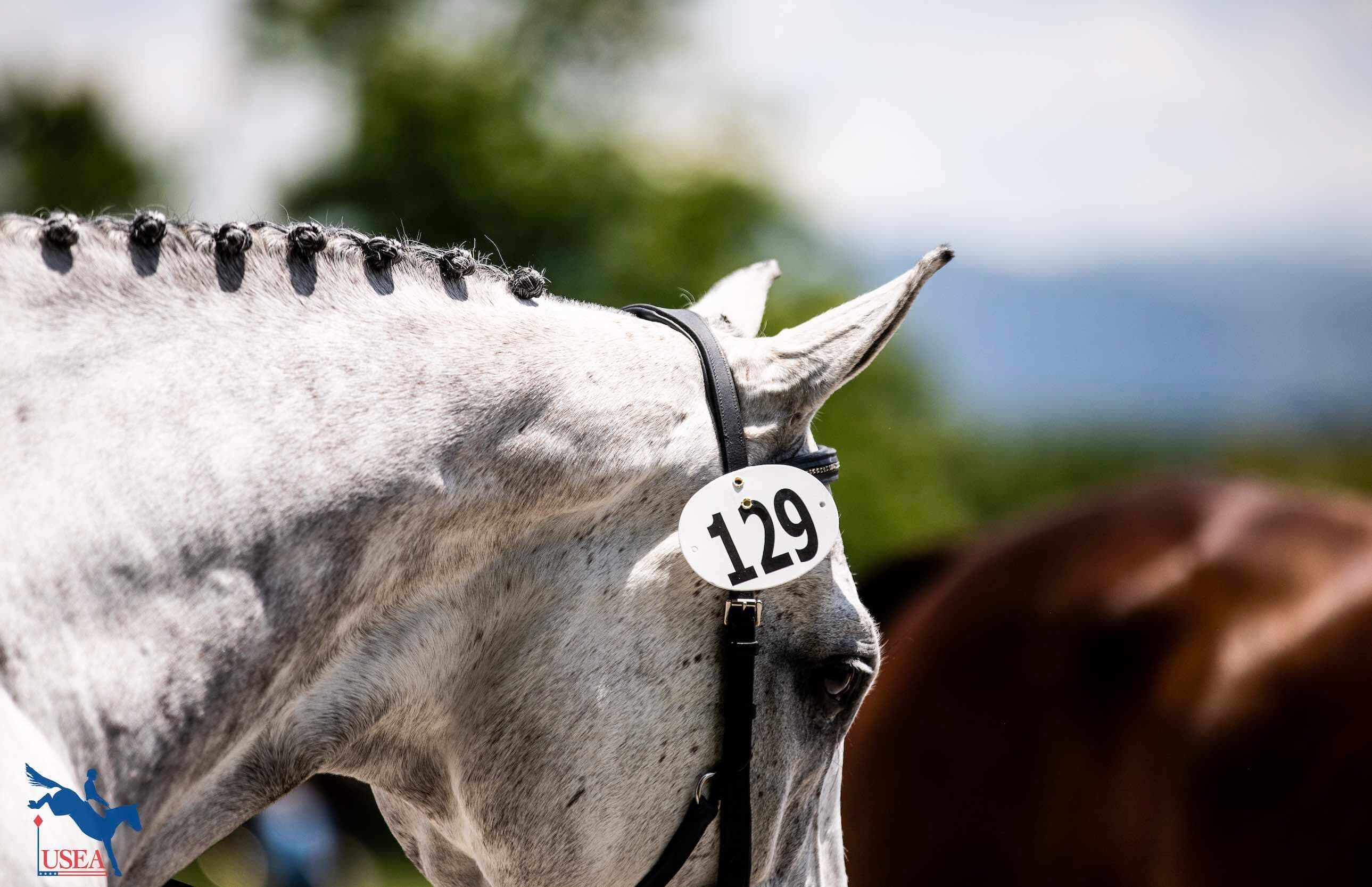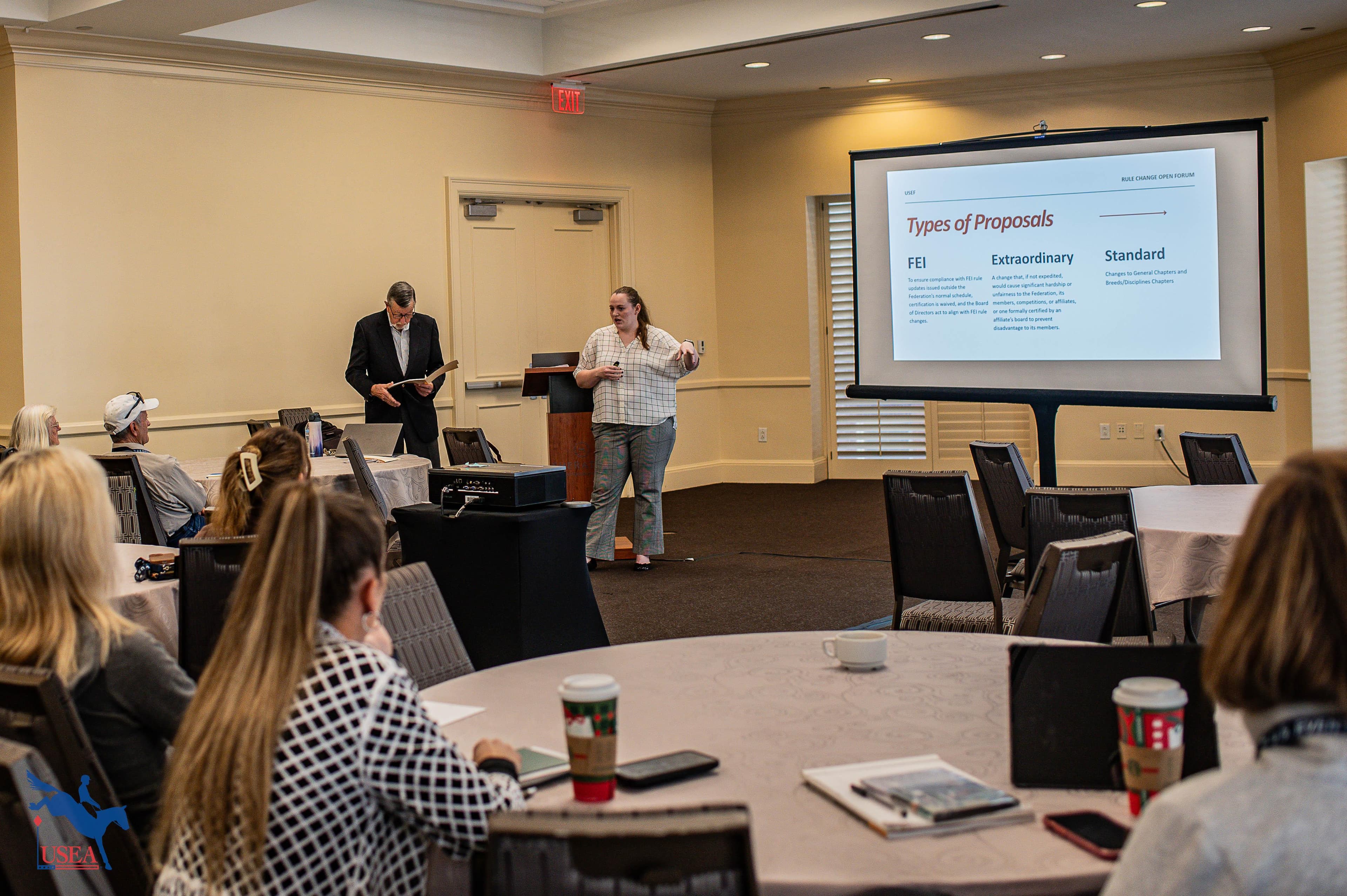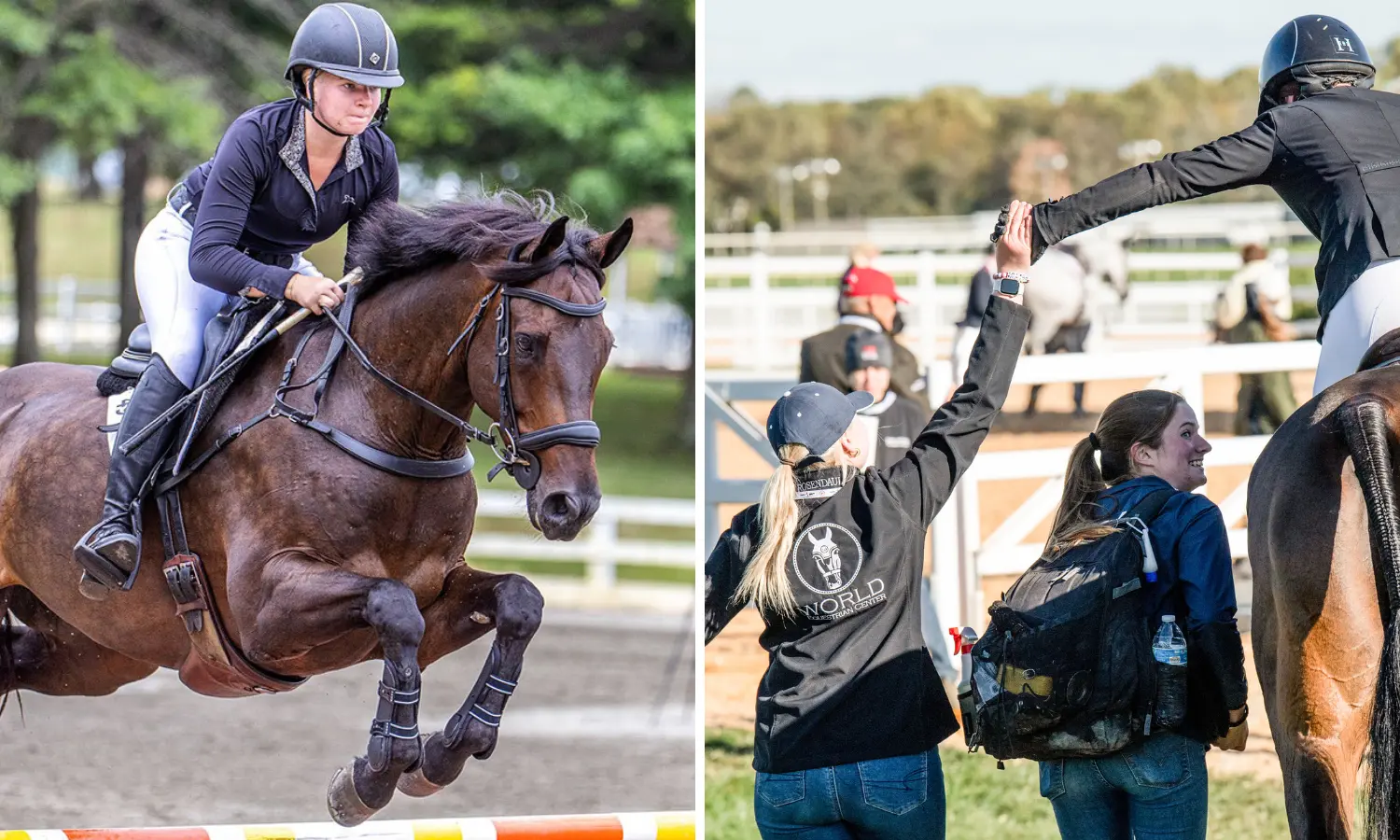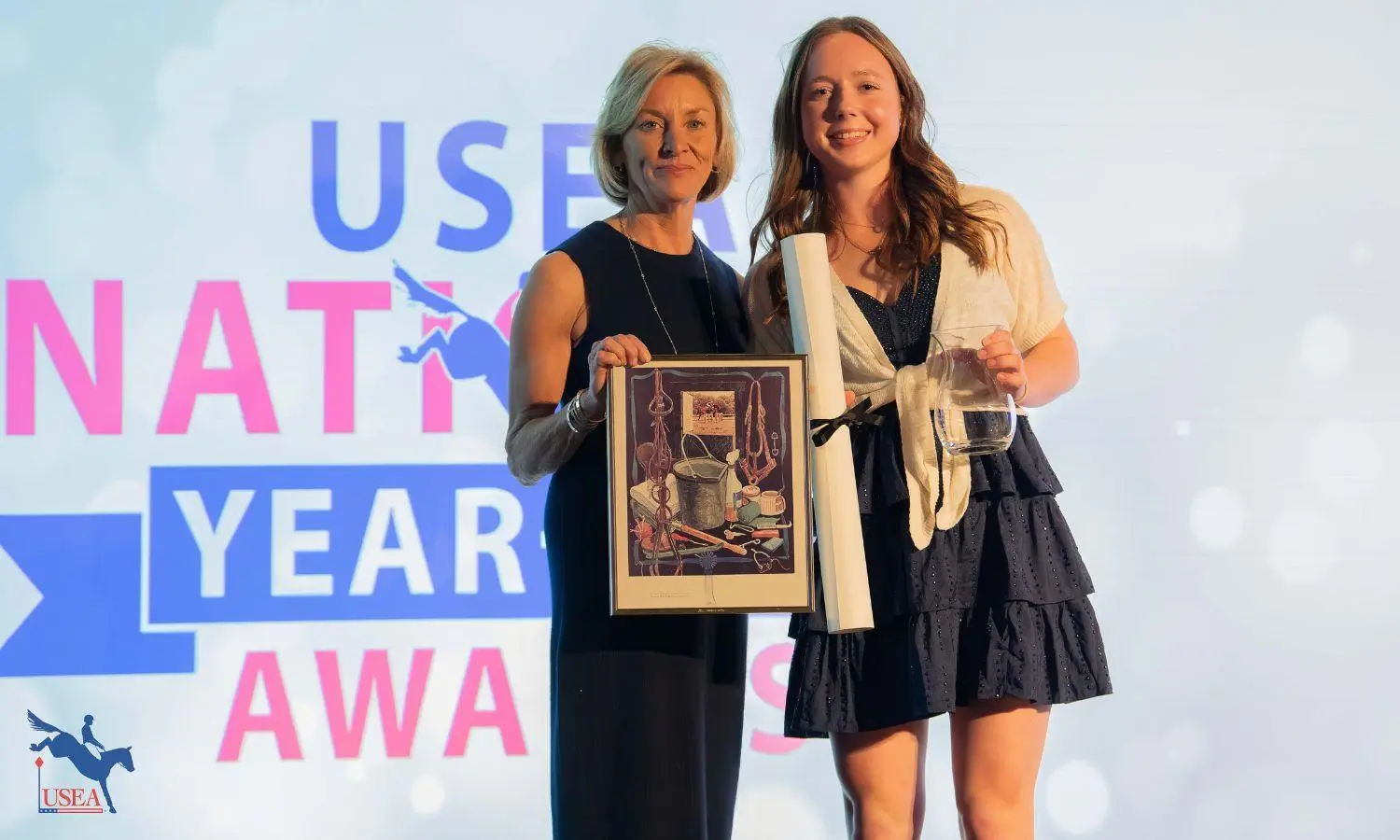Rule Refresher: Rule Changes Taking Effect June 1st

Three rules previously reported by the USEA and discussed through online USEA webinars will take effect on June 1, 2021. Each rule was approved by the USEF Board of Directors during their May 10th meeting. These rule changes focus on the reduction in risk in eventing.
The first rule change recognizes that licensed cross-country course designers by the nature of their training and licensing are qualified to identify dangerous riding. This rule will enable those designers to have the authority to stop a rider on course for dangerous riding.
Changes to the rules are shown below in bold italics.
EV112 Dangerous Riding
4. The Ground Jury, and the Technical Delegate, and the Course Designer, when present solely in his/her role as a course designer, have the authority to stop a rider on the cross-country course for dangerous riding, riding an exhausted horse, excessive pressing of a tired horse, riding an obviously lame horse, excessive use of the whip and/or spurs or riding in an unsafe way.
The additional two rule changes are directly related. In reviewing the incidence of poor riding at competitions, competition data, and other information the USEA views it as important to highlight that poor show jumping performance should result in retirement. British Eventing instituted a similar rule several years ago and this will be an additional measure to lessen risk in the sport and encourage a culture of good horsemanship.
EV153 Faults
4. Faults are penalized in penalty points or by elimination as set out in this section (EV153).
20 or more (show jump) penalties at Training, Modified, Preliminary, Intermediate, or Advanced
Compulsory Retirement enforced at end of show jump round unless competitor retires or is eliminated
(and)
EV150.1 Penalties
g. 20 show jump penalties (150.10)
10 Compulsory Retirement. A competitor incurs 20 or more show jumping penalties at the training level or higher. Enforced at the end of the round unless the competitor retires or is eliminated.
Want to catch up on past rule refreshers? Click here.














